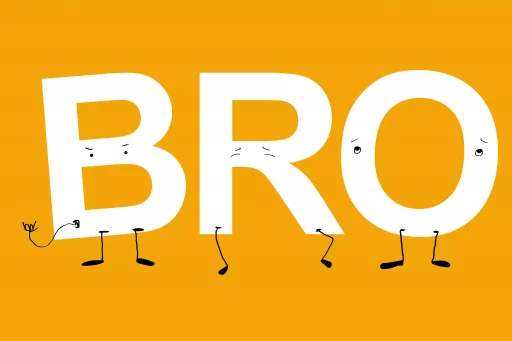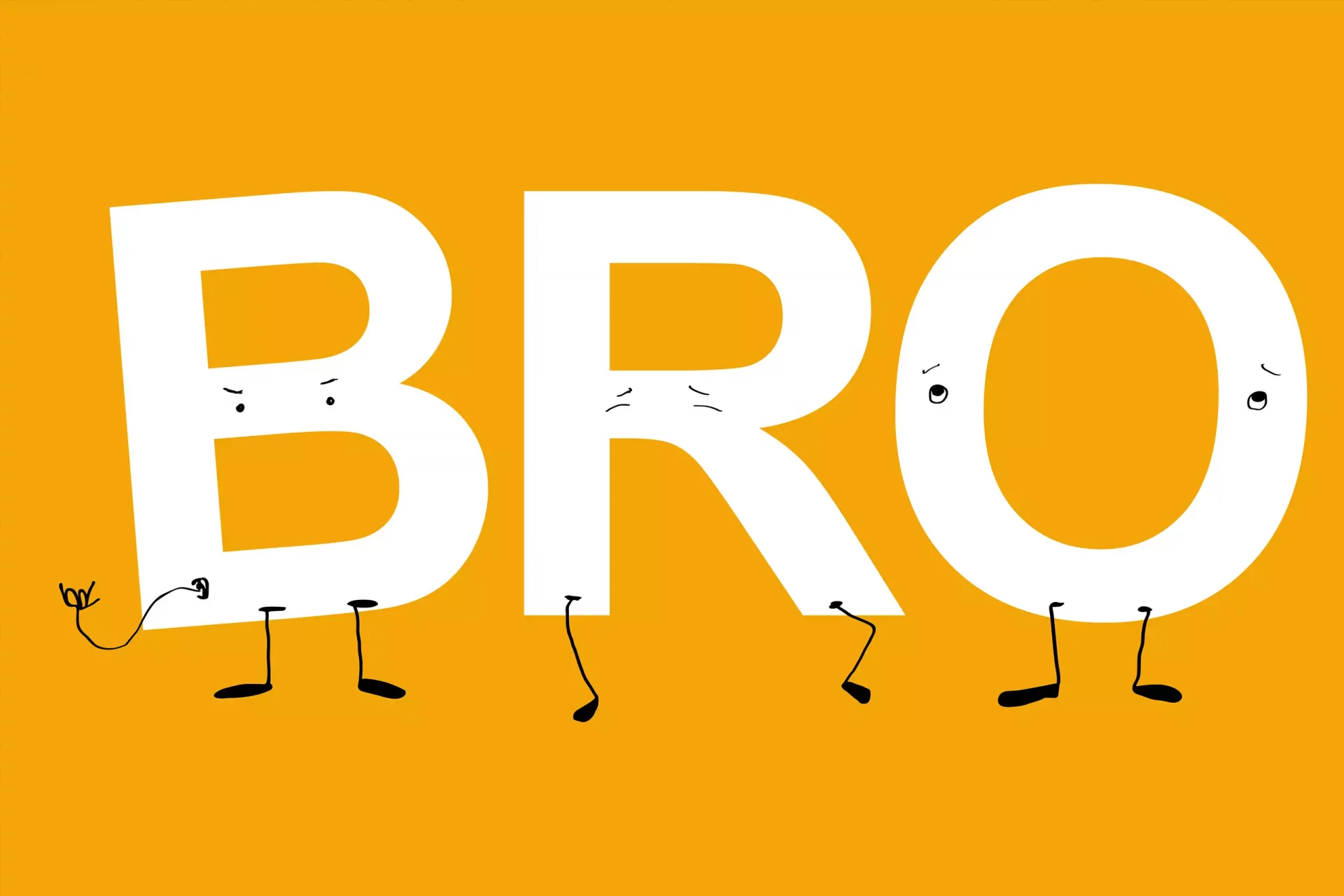Understanding the Slang ‘Low Key’
As times change, so does language. The continuous evolution of street language lately has seen the rise of slang terms, one of which is ‘low key’. To understand truly, we must delve not only into its definition but also its context and usage.
The Definition of ‘Low Key’
‘Low Key’ in traditional English usage refers to something subdued, not intense, or kept on a low profile. However, in the slang context, ‘low key’ serves as a subtle way of expressing or stating something. It refers to saying or doing something discreetly, subtly, or with a low intensity.
Context & Usage of ‘Low Key’
In the modern slang context, ‘low key’ is commonly used by young adults and teenagers as a colloquial term. The connotation is similar to ‘kind of’ or ‘somewhat’. It helps express a sentiment or feeling that the speaker prefers to keep a bit under the radar. For instance, when someone says, ‘I low key love this song,’ they mean that they love the song, but it’s not something they might openly admit or make a big deal about.
- ‘I low key need a coffee right now.’
- ‘That party last night was low key amazing.’
- ‘I’m low key scared about the test tomorrow.’
Popularity & Impact of ‘Low Key’
According to Google Trends, the popularity of ‘low key’ has risen significantly in recent years. It has proven to be more than just a fad, with its usage becoming increasingly widespread across social media platforms and digital communication.
Low Key: The Value of Slang
Urban lingos like ‘low key’ play a pivotal role in communication, helping people express thoughts in ways traditional language may not allow. They help foster a sense of connection and shared understanding, especially among youth.
Conclusion: The Power of Slang
The term ‘low key,’ like many other slang words, encapsulates more than just a casual throwaway phrase. It represents the dynamic nature of language and reflects the innovative ways we adapt language to more accurately express our lived experiences. By understanding and respecting these terminologies, we can better comprehend and appreciate the richness and diversity of human communication.


